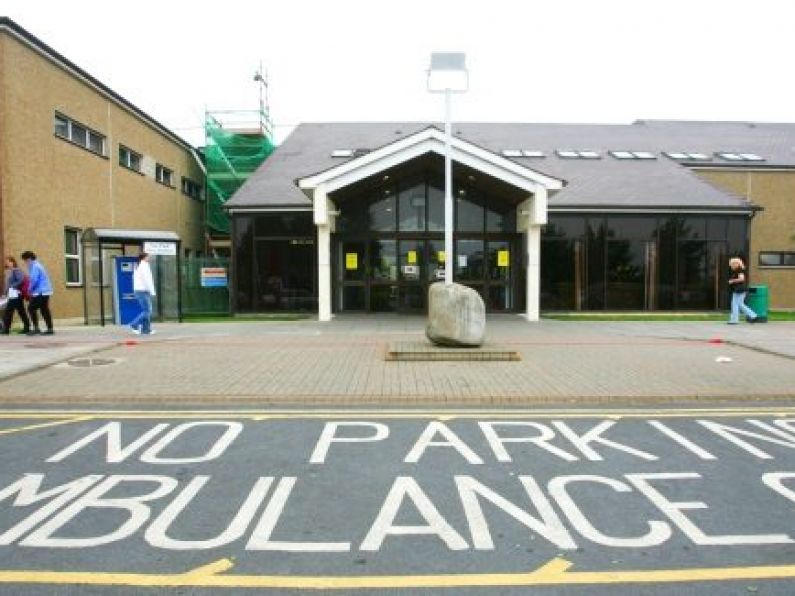The HSE has said there was "a small increase" in the number of TB cases in the Waterford area in recent months and a number of people were asked to attend public health clinics for testing.
Local GPs and hospitals have been made aware of the increase in tuberculosis incidents, the HSE has confirmed.
However, the HSE would not comment on why there has been a rise in TB cases in Waterford and said it would be "concerned" if any news item "would cause distress to those who feel they may be potentially identifiable".
Speaking on local radio today, a publican in Waterford city said that he had been tested and found to have "latent TB" and he knew of some people who had been diagnosed with "active TB" recently.
"I have customers who went on the tablets about six months ago," he told Déise Today. "It's about eight months this is going on."
He said there were even customers of his pub who were "blaming me" for the TB cases in the area and said he had been asked by the HSE for customers' names so these people could be tested.
In a statement, the HSE said TB contact tracing clinics "are a routine part" of public health management of TB cases "and help limit any possible spread of the disease".
"People who have been in prolonged close contact with a person with TB are invited to attend these clinics for assessment and further tests if needed," the HSE said.
"A small increase in the number of TB cases in Waterford was noted in the last number of months, as part of the HSE South East Department of Public Health’s on-going work on health protection. Local GPs and hospitals were made aware of the increase and a number of individuals were invited to attend Public Health TB contact tracing clinics which are held in University Hospital Waterford."
TB is a "notifiable disease," which means the HSE's department of public health has to be told of any new cases of the condition by GPs or hospitals.
There were 321 cases notified across Ireland in 2017, a number described as "low" by the HSE.
"Public health staff are involved in identifying and notifying people who are contacts of a case, that need further assessment or treatment for prevention of TB."
Once very common in this country and potentially deadly to sufferers, TB is now treatable. Symptoms include an unexplained cough, lasting three weeks or longer, coughing up blood, unexplained weight loss or night sweats. Anyone with some of these symptoms should contact their GP.
It is an infectious disease and can be passed from person to person through coughing.
"TB in most cases is a curable condition and usually is no-longer infectious after a number of weeks of treatment," the HSE said.






